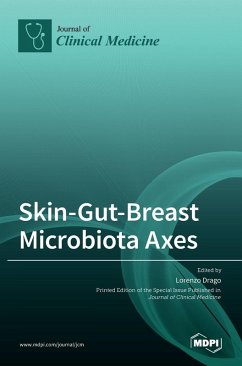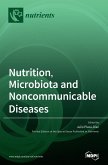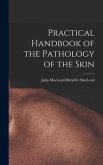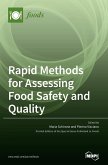This book represents the latest research on microbiota axes, with a special focus on the gut-skin axis and the role of microbial breast bacteria on human health communication. This book also contains discussions of the microorganism-derived products that can directly or indirectly be signals for our organs and systems. Gut dysbiosis, representing a disruption of intestinal integrity, can create aberrant physiological conditions (including immunological disorders, intestinal stress, and anxiety-like behavior), as well as high serum levels of microbial metabolites increasing oxidative stress dysfunctions and generalized inflammation. Much research in this field has been carried out in animal models, and establishing whether those findings translate to humans will be crucial but challenging. On the other hand, several studies conducted on humans have evaluated the link between fecal microbiota composition and quality of life by recruiting thousands of participants. As well as identifying bacterial genera associated with higher quality of life, they carried out metagenomic analyses that indicated that the potential of microorganisms to synthesize certain active metabolites, and especially their interrelation, may also correlate with general wellbeing. It is clear that many axes can influence our lives; the most important include "the gut-brain axis" and the "skin-gut-breast axis". Together, the studies presented in this book have laid the foundations for a better understanding of the effects of gut microbiota on skin and on our body in general. The mechanisms that underlie them may represent the ideal focus for the initial efforts to explore the relevance of these axes for human wellbeing.
Hinweis: Dieser Artikel kann nur an eine deutsche Lieferadresse ausgeliefert werden.
Hinweis: Dieser Artikel kann nur an eine deutsche Lieferadresse ausgeliefert werden.








